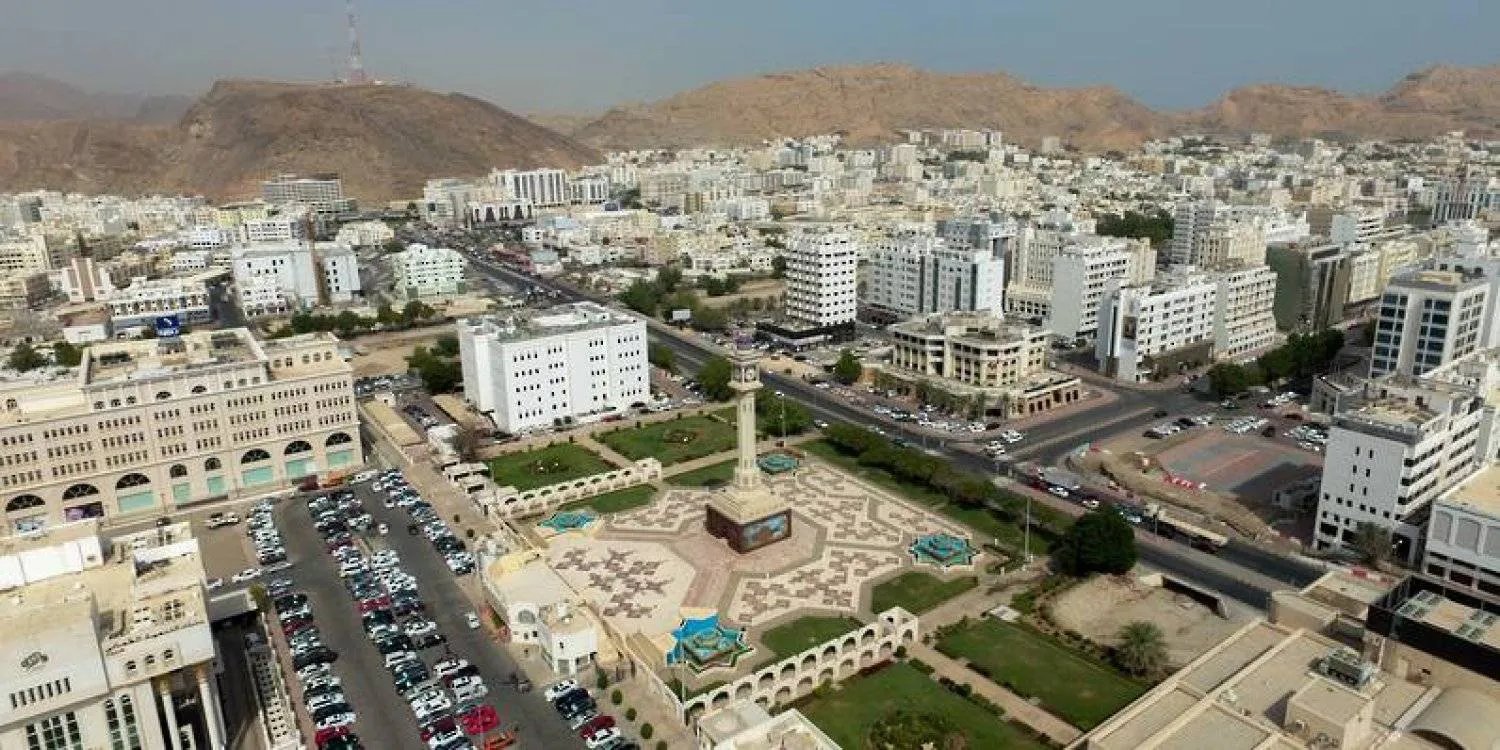The Sultanate of Oman's insurance sector is expected to witness a 10 percent growth in 2024, said Mustafa Ahmed Salman, member of the Board of Directors of the Oman Chamber of Commerce and Industry (OCCI) and Chairman of the Chamber’s Finance and Insurance Committee.
The insurance sector is one of the fastest growing sectors in the Sultanate. Its contribution to the gross domestic product is about 1.23 percent, and the growth rate of insurance premiums in 2022 reached about 13 percent.
Salman pointed out that raising the capital of insurance companies will contribute significantly to their ability to bring in more investors and help their businesses to grow better.
In a statement to the Oman News Agency, Salman said: “The contribution of the insurance sector to the gross domestic product of the Sultanate of Oman currently amounts to 1.3 percent. This is a good percentage rate compared to other Arab countries.”
He further said that the volume of Arab insurance reached about $45 billion and constitutes one percent of the volume of global insurance industry.









